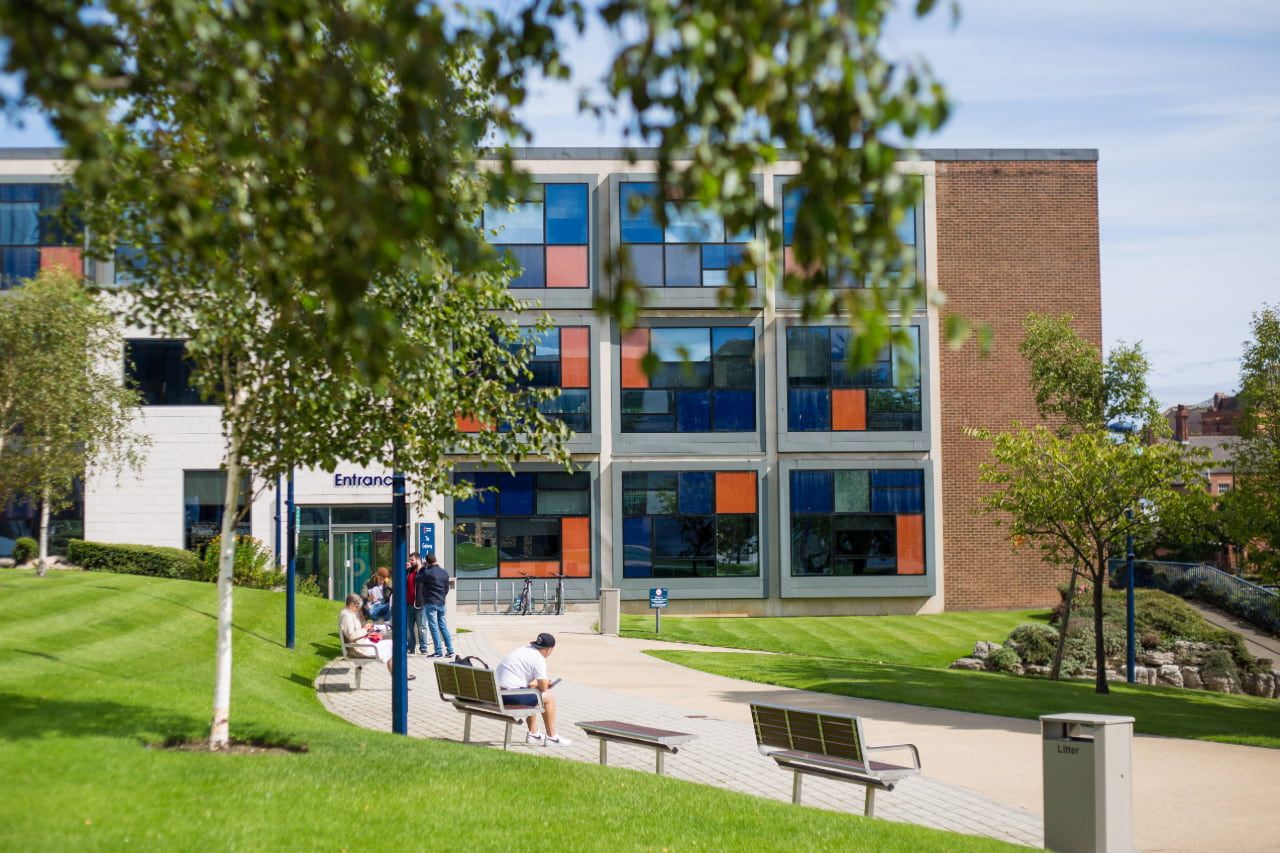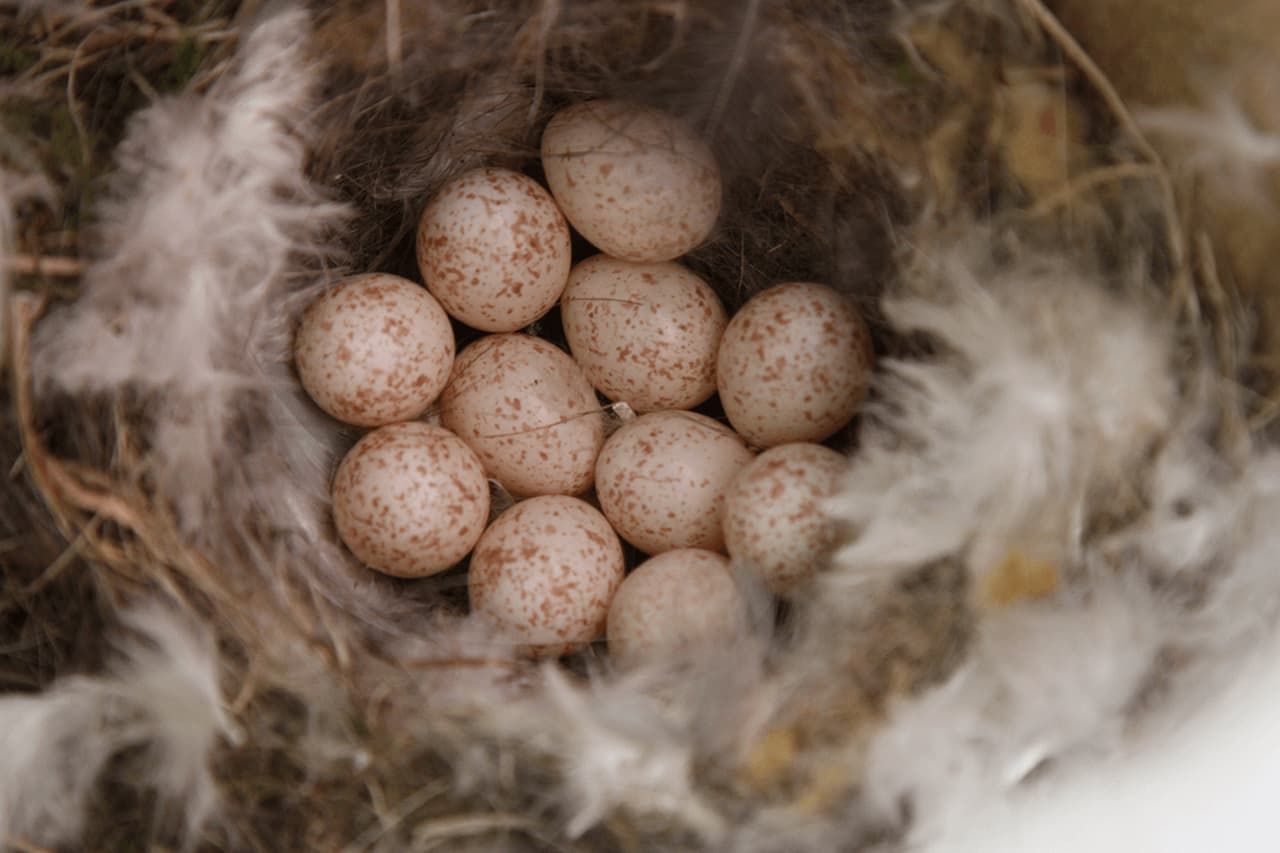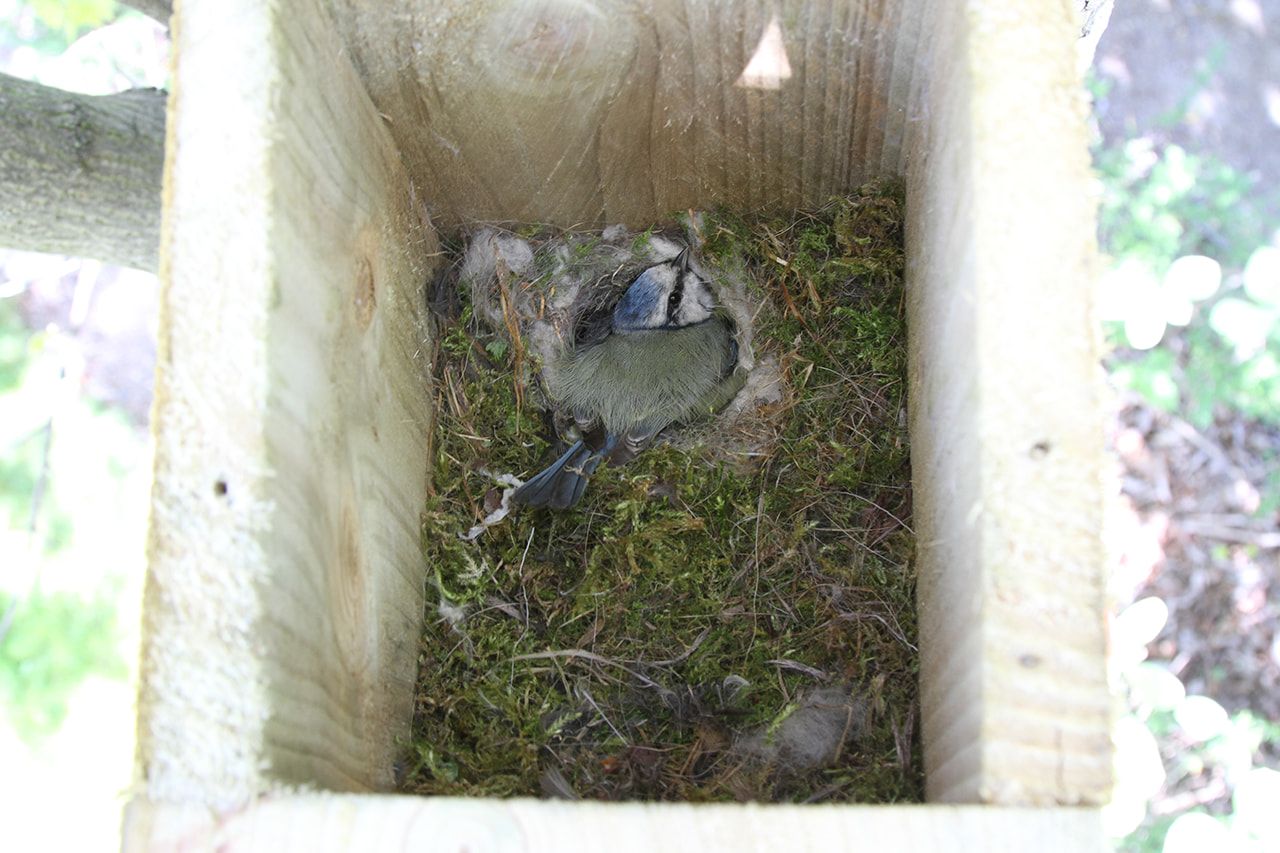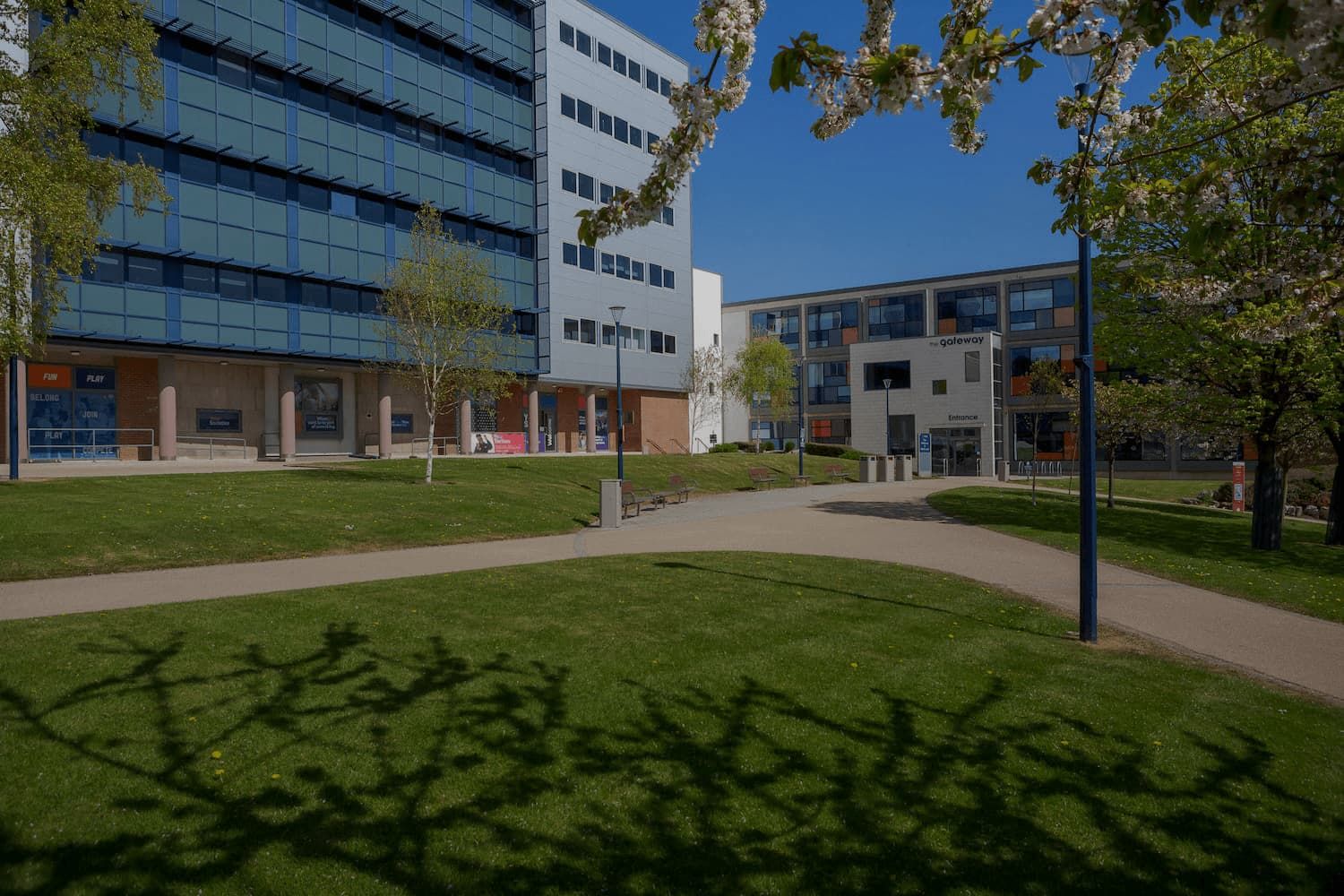Biodiversity
Biodiversity is about the variety and variability of life on earth. We all contribute in one way or the other to biodiversity. At the University of Sunderland, we try and encourage biodiversity in many ways.
Close
Biodiversity is about the variety and variability of life on earth. We all contribute in one way or the other to biodiversity. At the University of Sunderland, we try and encourage biodiversity in many ways.
At the University of Sunderland, there are a number of ways in which we aim to improve biodiversity on campus. This includes:
The University actively plants native species, including Hawthorn, Mahonia and Holly; hardy plants that are non-invasive and chosen specifically to provide shelter and food for wildlife and support pollinators. Where possible, single flowered species are planted as they provide more nectar and pollen than double flowers.
No insecticide is used on any of the University landscaped areas as this would kill all beneficial insects. Herbicides are minimally used to control perennial weeds in shrub beds. Recycled mulch products are used to suppress weed growth and retain moisture.

As the grass is cut frequently it is unnecessary to remove most of the risings off-site. Benefits of risings left on site are they return valuable nitrogen and trace nutrients back to the soil and help form humus to loosen hard soils, making oxygen and nutrients available to grassroots and helping to retain moisture.
All green waste generated is locally recycled and brought back to the University grounds for use, therefore closing the loop on this waste. Benefits of recycling all green waste include energy conservation, reduction of air and water pollution, reduction of greenhouse gases and conservation of natural resources.

As part of our environmental sustainability agenda, we collaborate with the National Trust who facilitated the assembly of small boxes for use on our campus.
This provided an opportunity for our staff to do something different for an hour in an informal, relaxing environment, with no previous experience of DIY required. This type of activity is linked to improved mental wellbeing through learning, creating something and feeling part of our campus community.
The boxes (29 in total), which were sited around the campus, are aimed at targeting the following species: House Sparrow, Tree Sparrow, Great Tit, Blue Tit, Rob Pied Wagtail.

All boxes were installed during February 2017, which gave the birds time to 'find' them before the breeding season (peak times April – June). During this time, boxes were monitored by the National Trust staff and volunteers for signs of breeding activity, including nest building, incubation and subsequent hatching.
Once the chicks were large enough to handle, they were removed from the nest by expertly trained ringers, before having a unique numbered ring fitted to one leg and then replaced back in the nest ready for fledging. These activities are in no way detrimental to the bird’s health and welfare.
Records were sent to the British Trust for Ornithology (BTO) for inclusion on their national database. In all, there were six nests with lots of eggs in each one.

To ensure we stay a hedgehog friendly campus, there are a number of actions we've taken:
You can find out more about what you can do to protect Hedgehogs on the Green Impact website.

Since joining the Hedgehog Friendly Campus programme we gained Bronze Accreditation in 2020/21. We are aiming to retain the Bronze for 2021/22 and move up to Silver Accreditation.
Hedgehog Friendly Campus is run by the British Hedgehog Preservation Society.
To find out more about hedgehogs and Hedgehog Friendly Campus, please visit the British Hedgehog Preservation Society website.
For more information on biodiversity contact:
hse@sunderland.ac.uk